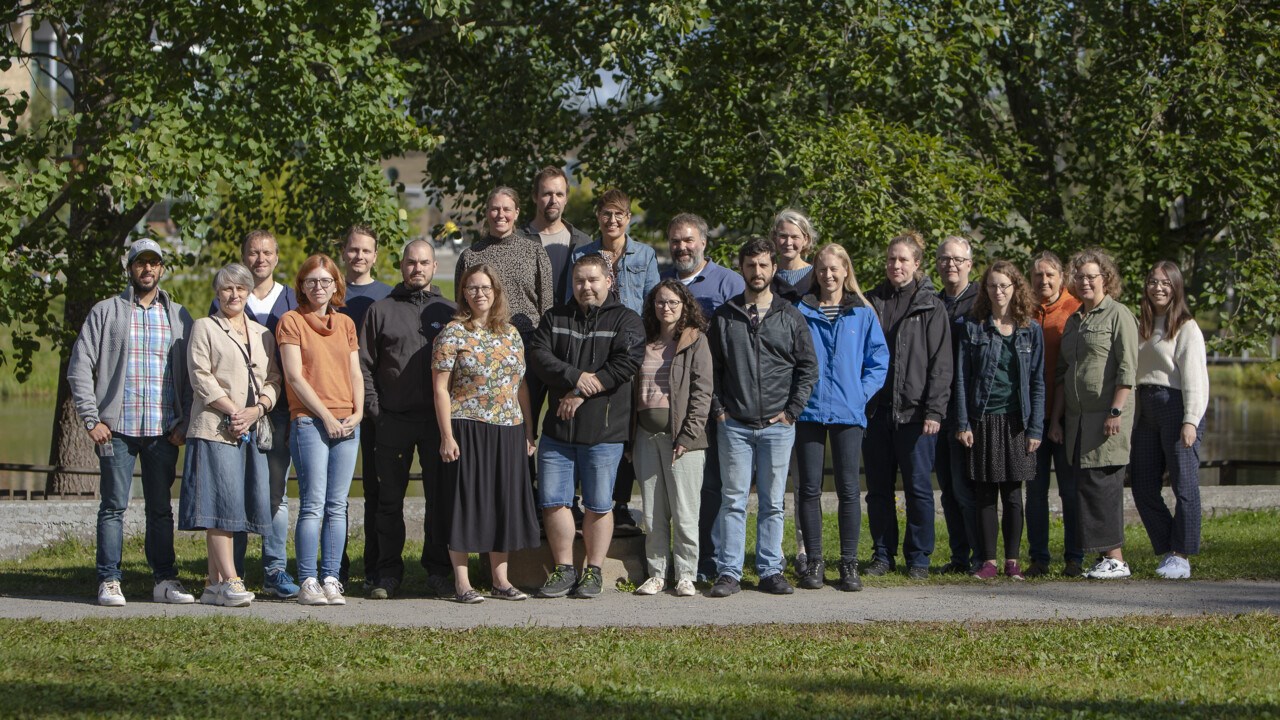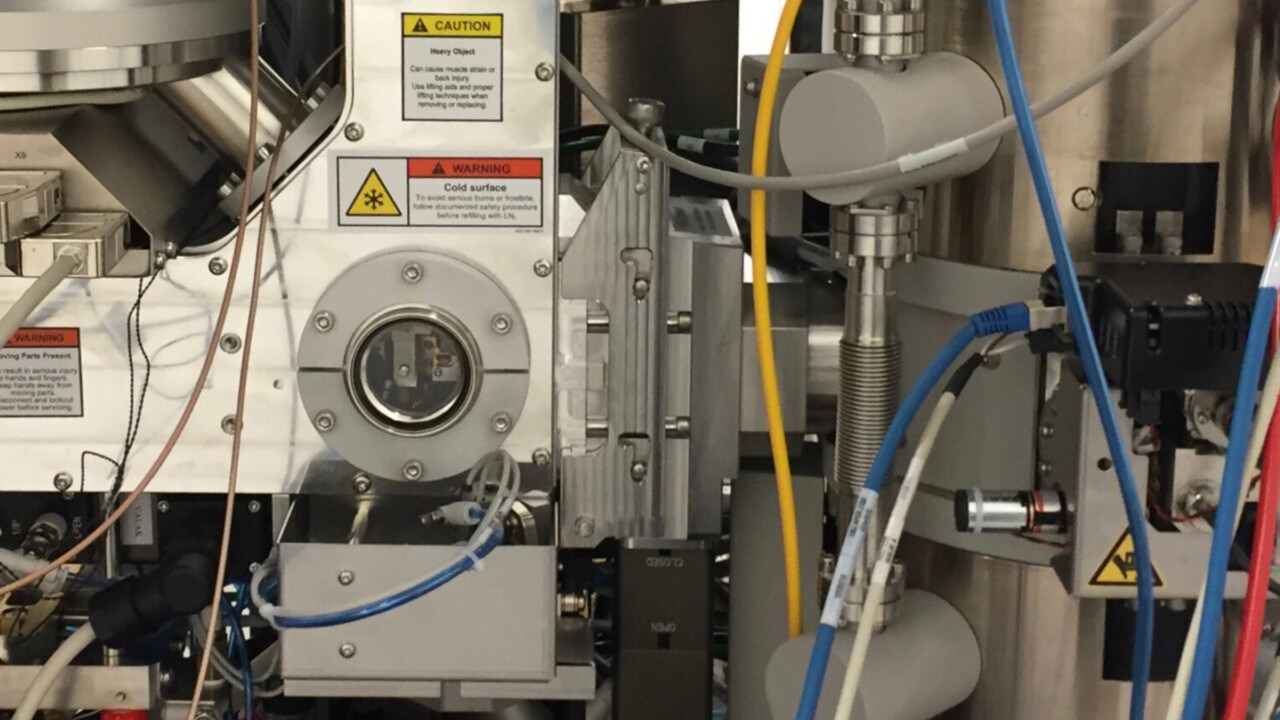Research Infrastructure Day
SciLifeLab is just one element at Research Infrastructure Day, an open research meeting at Umeå University on March 15 2023. The day is organized jointly by the Faculty of Medicine and the Faculty of Science and Technology.




